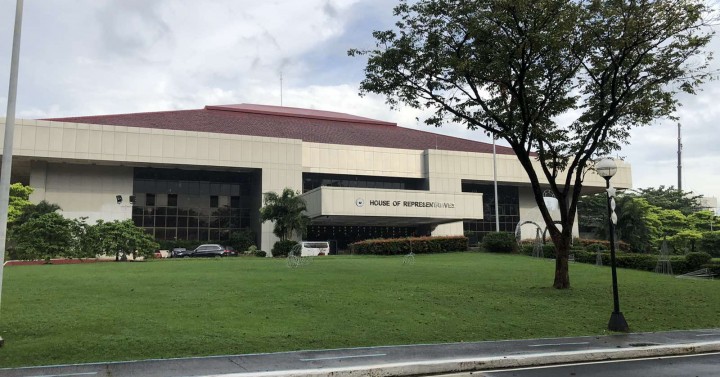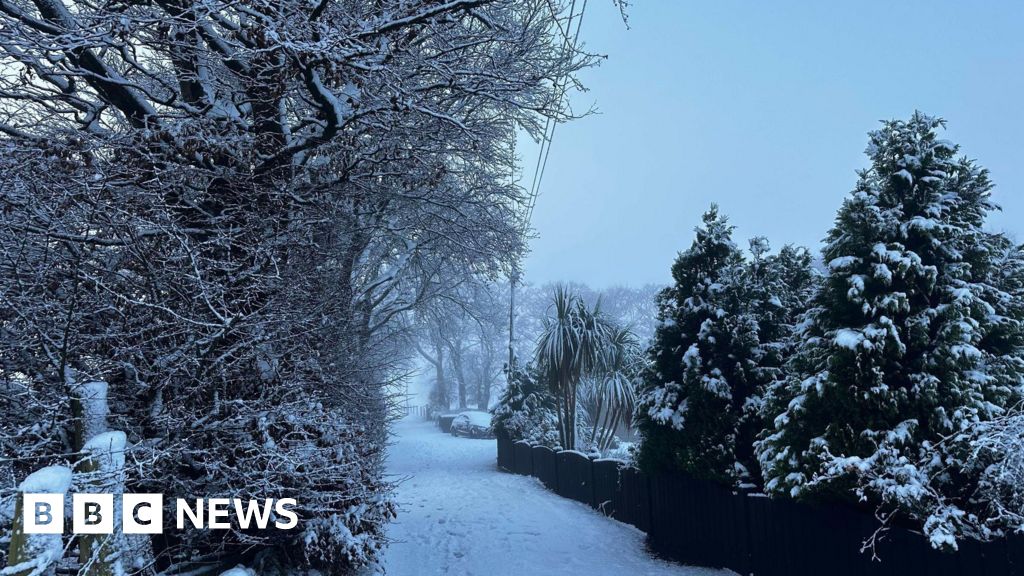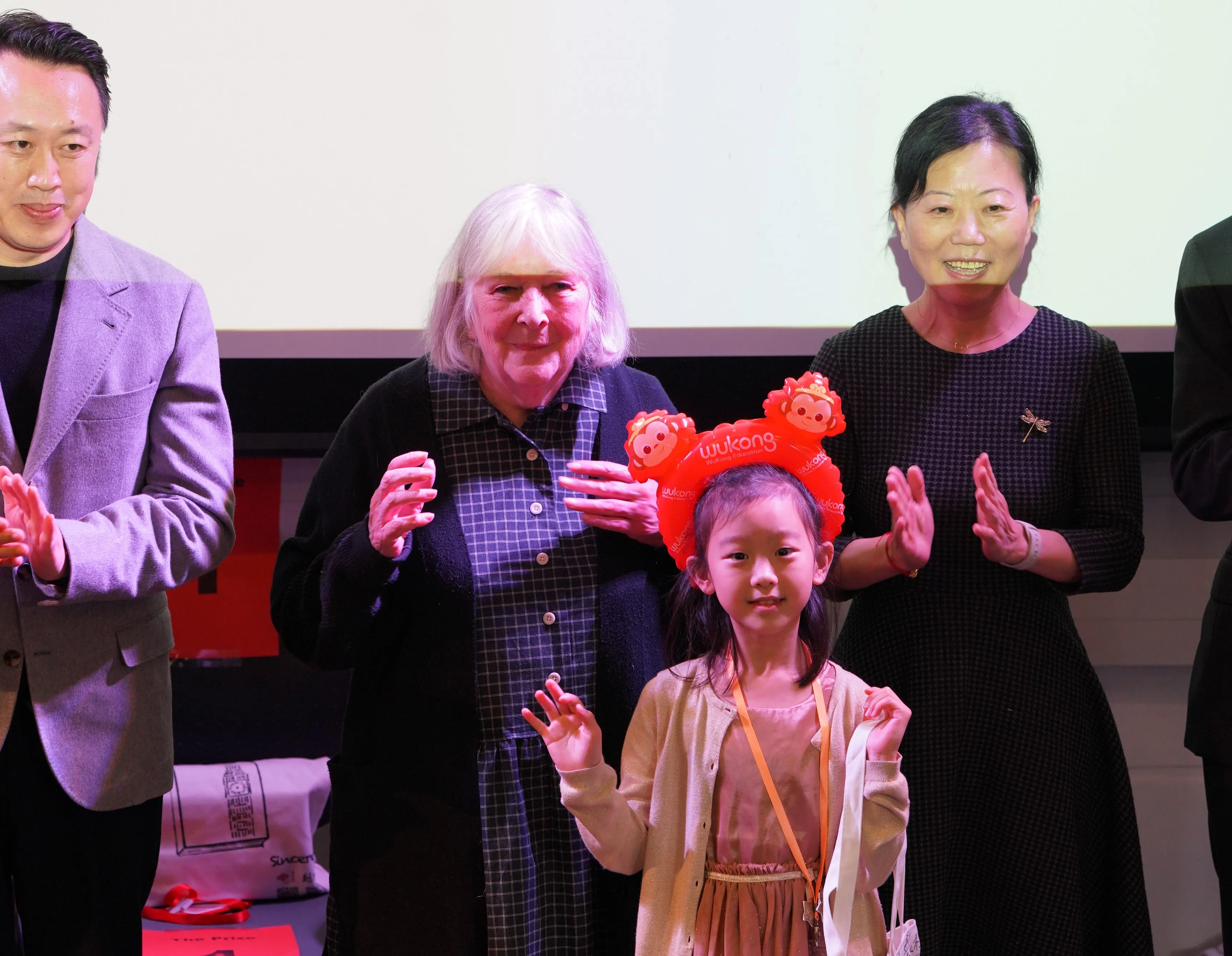Headline: House Leaders Raise Security Concerns Over VP Duterte’s Overnight Stay
MANILA – Security Breach at Batasang Pambansa Sparks Controversy
In a surprising turn of events, leaders of the House of Representatives expressed their alarm regarding what they classified as a breach of security protocols after Vice President Sara Duterte remained at the Batasang Pambansa complex overnight on Thursday. This incident has raised significant concerns among House officials, who have emphasized the importance of adhering to established rules regardless of one’s rank or status.
On Thursday evening, Vice President Duterte visited Undersecretary Zuleika Lopez of the Office of the Vice President (OVP), who is currently detained at the complex. According to a joint statement released by Senior Deputy Speaker Aurelio Gonzales, Majority Leader Manuel Jose Dalipe, and Deputy Speaker David Suarez, the Vice President was granted special permission to visit Lopez but failed to leave by the designated hour of 10 p.m.
“We opened the door of compassion for [the Vice President] and gave her special permission to visit Atty. Zuleika Lopez," the leaders stated. “However, after visiting hours ended, she did not leave.”
Duterte arrived at the complex at approximately 7:40 p.m. and was allowed to stay with Lopez until the official cutoff. However, rather than departing, she reportedly moved to her brother, Davao City Rep. Paolo Duterte’s office, where she remained overnight, despite repeated requests from House Sergeant-at-Arms Napoleon Taas for her to vacate the premises.
In response to the situation, House leadership implemented a precautionary "lockdown" of the premises. The leaders reiterated the importance of maintaining order and security within the legislative body.
Adherence to Protocols Is Essential
"The House of Representatives serves the Filipino people and must not be treated as a private space for personal use. If there is no respect for simple rules, how can we trust that they can honor the greater responsibilities entrusted to them by the people?" they warned.
In light of this incident, House leaders have committed to reinforcing security measures to prevent similar breaches in the future. "We will ensure that such incidents do not happen again," they affirmed, underscoring their commitment to maintaining institutional integrity.
Duterte’s Request Denied
Amidst this controversy, the Chair of the House Good Government and Public Accountability Committee, Joel Chua, disclosed that a request by Vice President Duterte to join Lopez in detention until November 25 was formally rejected. Chua stated, "We will not allow her [to stay in the detention premises] because she is not a detainee."
Highlighting the complexities of ensuring the Vice President’s security within the complex, Chua noted, "I do not know if we have enough security to protect the Vice President."
Duterte’s appeal to stay alongside Lopez was presented on humanitarian grounds, citing concerns for Lopez’s health, including chronic back problems and anxiety about her safety. Despite the Vice President’s pleas, the request was denied in adherence to strict guidelines set out by the Office of the Sergeant-at-Arms.
Chua further criticized Duterte’s actions, framing them as a lack of respect for the institution. He emphasized the need for officials to act with caution as their actions reflect on their character and credibility.
Background Context: Lopez’s Contempt Citations
This incident unfolds against the backdrop of Lopez being cited for contempt by the House for her alleged "undue interference" in committee proceedings. The Office of the Vice President recently sent a letter to the Commission on Audit (COA) asking the commission to disregard a congressional subpoena regarding the use of confidential funds, which initiated the citation. Lopez defended her actions, claiming her correspondence with the COA was a respectful attempt to delay the release of inconclusive audit findings.
As the situation continues to evolve, it raises critical questions regarding accountability and respect for institutional protocols among government officials. How this incident will impact future interactions and governance within the Philippine legislative framework remains to be seen.
With key stakeholders in this saga weighing in, public interest continues to grow. Engaging in discussions about maintaining order within government institutions is paramount. We invite our readers to share their thoughts on this unfolding situation. What are your views on the importance of adherence to protocols among high-ranking officials? How should institutions handle breaches of conduct? Join the conversation!
**How might the perception of this incident, particularly concerning Vice President Duterte’s stated motivation, influence future policy decisions related to detaining high-profile individuals?** (This question focuses on the potential **Policy Antecedents** by examining how public perception might shape future policy.)
## World Today News Exclusive Interview:
**Understanding the Controversy Surrounding VP Duterte’s Overnight Stay**
**Introduction:**
Welcome to World Today News. Tonight, we are diving into the controversy surrounding Vice President Sara Duterte’s overnight stay at the Batasang Pambansa complex. We have invited two distinguished guests to shed light on this incident and its larger implications:
* **Dr. Maria Garcia**, a leading expert on Philippine constitutional law and governance.
* **Mr. Ramon Reyes**, a former member of the House of Representatives, with extensive experience in legislative procedures.
**PART I: The Incident & Security Concerns**
**Host:** Dr. Garcia, let’s start with the events themselves. Vice President Duterte visited a detained official and stayed overnight, despite requests to vacate the premises. What are your initial thoughts on the potential security implications of this incident?
**Dr. Garcia:**
**Host:** Mr. Reyes, from your experience in the House, how serious is a breach of established protocols like this? Do you believe the House leadership’s response, including the “lockdown,” was proportionate to the situation?
**Mr. Reyes:**
**PART II: Accountability and Protocol Adherence**
**Host:** Dr. Garcia, the House leaders have emphasized the importance of adhering to rules, regardless of one’s position. What are the broader implications for good governance when high-ranking officials appear to disregard established protocols?
**Dr. Garcia:**
**Host:** Mr. Reyes, Vice President Duterte has argued for her actions being driven by compassion for the detained official. How do you balance the needs for security and respect for institutional rules with the desire to show humanitarian concern?
**Mr. Reyes:**
**PART III: Transparency and Public Perception**
**Host:** Dr. Garcia, this incident has sparked significant public debate. What role does transparency play in restoring public trust in the face of such controversies?
**Dr. Garcia:**
**Host:** Mr. Reyes, what message do you think this incident sends to the Filipino people about the relationships between different branches of government and the principle of checks and balances?
**Mr. Reyes:**
**Conclusion:**
**Host:** This incident raises complex questions about security, protocol adherence, and accountability. We thank Dr. Garcia and Mr. Reyes for their insightful perspectives on this developing story. We encourage our viewers to continue the conversation online and share your thoughts on this important issue.
Let me know if you’d like me to further tailor these questions or expand on any particular aspect.


